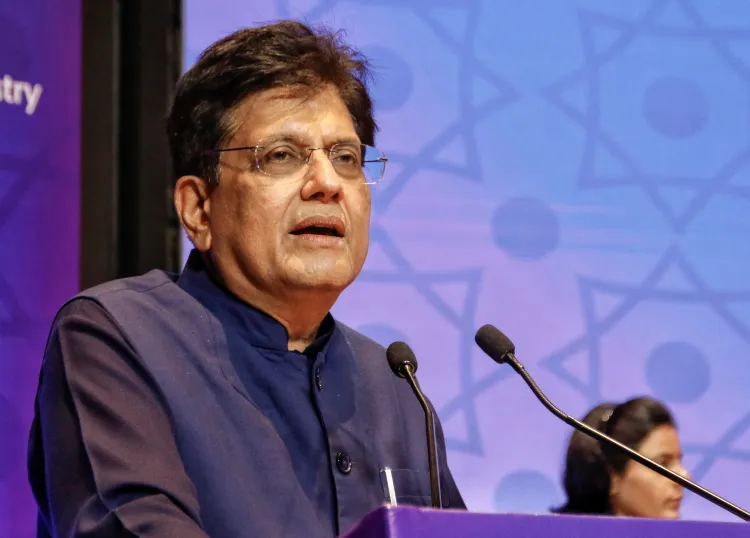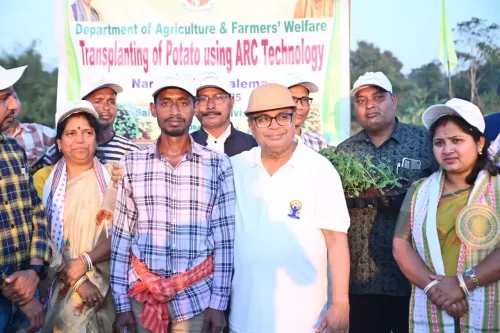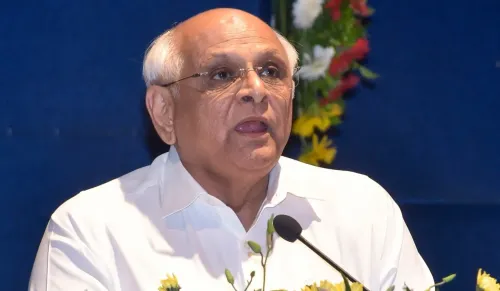Should the Government Maintain Restrictions on Ethanol Imports?

Synopsis
Key Takeaways
- ISMA advocates for continued restrictions on ethanol imports.
- Restrictions have bolstered India's green energy initiatives.
- Timely payments to sugarcane farmers have improved.
- India's ethanol production capacity has surged over 140% since 2018.
- Potential risks to the sugar industry if restrictions are lifted.
New Delhi, July 15 (NationPress) The Indian Sugar Mills Association (ISMA) has called on the government to uphold the limitations on ethanol imports, a strategy that has invigorated India's petrol blending initiative in pursuit of green energy while also ensuring prompt payments to sugarcane farmers.
In a letter addressed to Commerce and Industry Minister Piyush Goyal, ISMA referred to media speculation about the potential lifting of ethanol import restrictions amid ongoing trade negotiations with the US.
The letter emphasizes that the government's decisive and progressive policy framework, grounded in the National Policy on Biofuels, has classified ethanol imports for fuel as 'restricted,' establishing a robust foundation for a self-sufficient, domestic ethanol sector. Various interest subvention schemes and a supportive regulatory environment have significantly contributed to the development and growth of local ethanol production capabilities across India.
These pivotal actions have met multiple national goals, including ensuring timely compensation and increased earnings for sugarcane farmers, decreasing India's reliance on imported crude oil, and fostering clean and sustainable biofuels.
It underscores that this collaborative initiative has resulted in a remarkable increase of over 140% in India's ethanol production capacity since 2018, with investments surpassing Rs 40,000 crore. Ethanol blending has already reached 18.86% and is on track to achieve the 20% blending target ahead of schedule.
This extraordinary advancement has been driven by the Prime Minister's visionary leadership and steadfast commitment to enhancing farmers' welfare. By permitting the allocation of sugarcane and surplus grains for ethanol production at regulated prices, the government has facilitated timely cane payments and elevated farm-level incomes nationwide.
However, the letter cautions that permitting ethanol imports for blending could jeopardize the sugar industry by impacting profitability and potentially leading to underutilization of Indian ethanol facilities, many of which are still recovering their initial investments.










